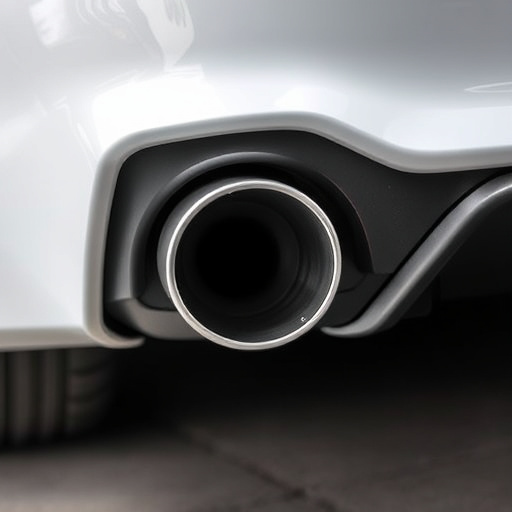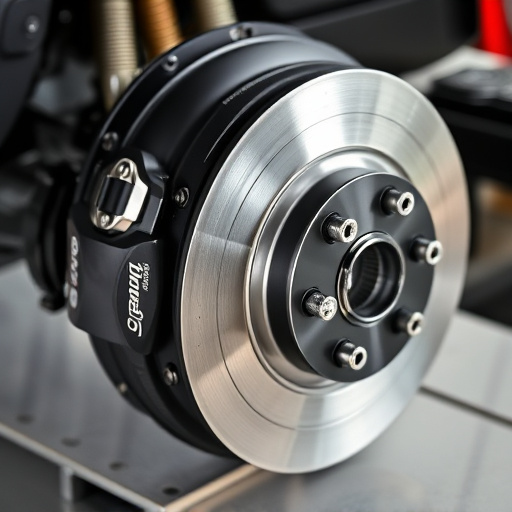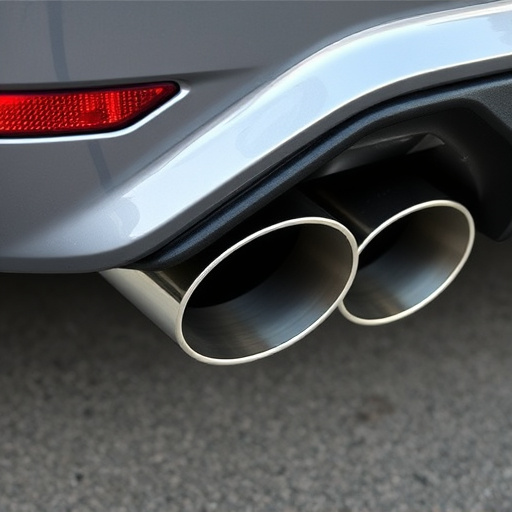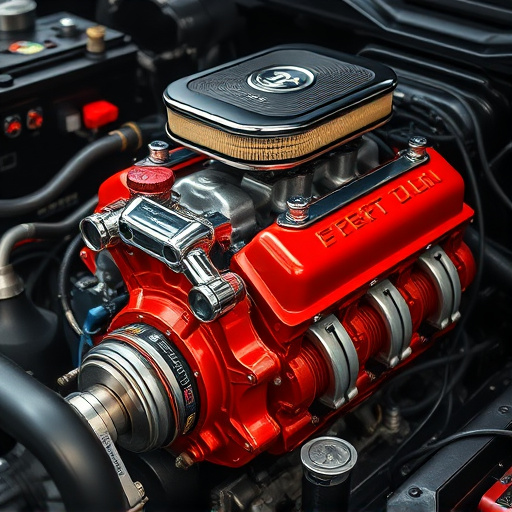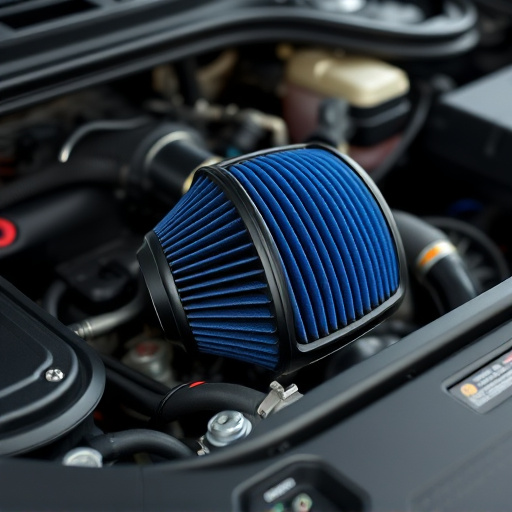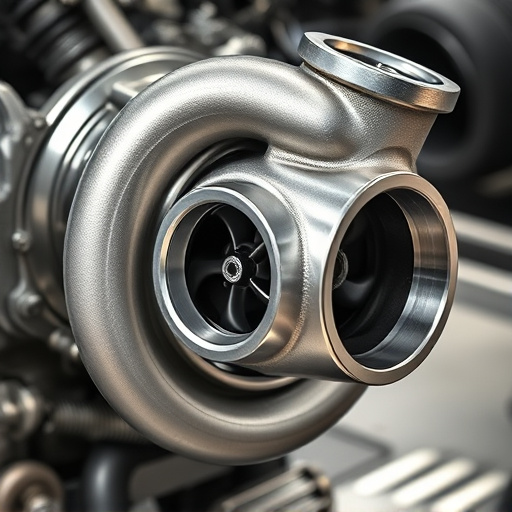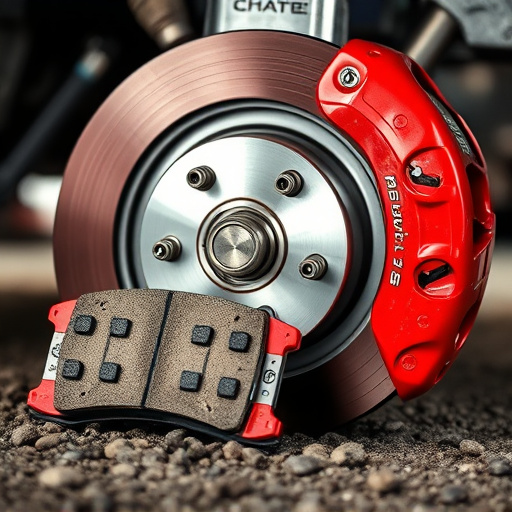Engine air intake enhancements play a critical role in optimizing engine performance. Upgrades like larger filters, cold air intakes, and direct-fit systems capture cooler outside air, compress it slightly, and deliver it directly to the engine's cylinders. When combined with other performance parts and fine-tuned through the Engine Control Unit (ECU), these modifications facilitate holistic tuning. The ECU adjusts fuel injection and ignition timing based on improved airflow, ensuring optimal combustion and enhancing efficiency and responsiveness under varying driving conditions. Optimizing the air intake system is key for peak performance, fuel efficiency, and emissions reduction.
Engine air intake enhancements have revolutionized vehicle performance, but their impact on ECU tuning is often overlooked. This article delves into the intricate relationship between these two aspects. We’ll explore how modifications to the air intake system affect the Engine Control Unit (ECU), leading to optimized performance and enhanced efficiency. By understanding these dynamics, car enthusiasts can make informed decisions regarding engine air intake upgrades and fine-tune their ECU settings for maximum gains.
- Understanding Engine Air Intake Enhancements
- The Impact of Air Intake on ECU Tuning
- Optimizing Performance through ECU Refinement
Understanding Engine Air Intake Enhancements
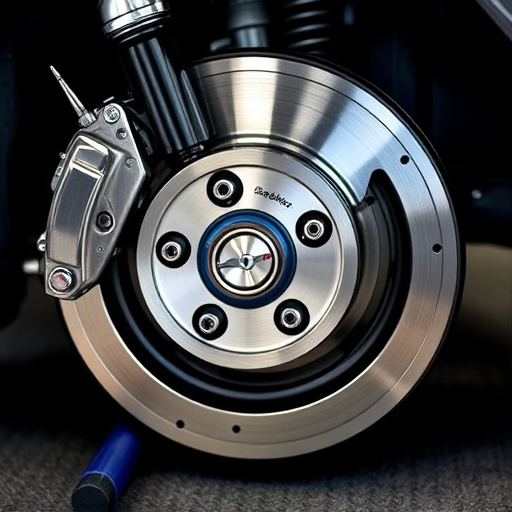
Engine air intake enhancements play a pivotal role in optimizing engine performance. These modifications aim to improve the flow of air into the engine, allowing for better combustion and increased power output. By enhancing the air intake process, various components work together to ensure efficient airflow. This includes upgrades like larger air filters, cold air intakes, and direct-fit air intake systems. Each component is designed to capture cooler air from outside the vehicle, compress it slightly, and deliver it directly to the engine’s cylinders, thereby improving power and torque figures.
In conjunction with other performance modifications such as coilover kits and upgraded exhaust mufflers, these air intake enhancements contribute to a holistic tuning process. The Engine Control Unit (ECU) plays a crucial role in this tuning by adjusting fuel injection and ignition timing based on the improved airflow. This ensures optimal combustion, enhancing both engine efficiency and responsiveness, particularly under varying driving conditions. Understanding these interactions is key to unlocking the full potential of any vehicle’s performance capabilities.
The Impact of Air Intake on ECU Tuning
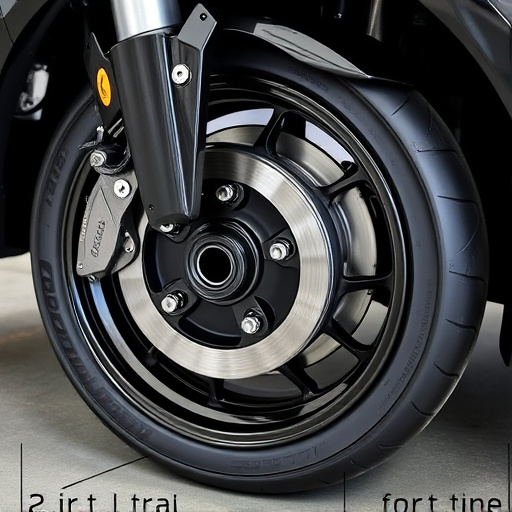
The engine’s air intake system plays a pivotal role in overall vehicle performance and is closely tied to ECU (Engine Control Unit) tuning. This intricate network of components, including air filters, pipes, and sensors, influences the amount of oxygen and fuel mixture entering the engine. By optimizing the air intake process, one can significantly enhance engine power and efficiency.
When high-performance air filters or meticulously designed intake components are introduced, they enable a more robust flow of fresh air into the engine. This, in turn, affects the ECU’s ability to accurately measure and control the air-fuel ratio. As a result, fine-tuning the ECU becomes essential to maintain optimal combustion, ensuring peak performance and fuel efficiency while also reducing emissions.
Optimizing Performance through ECU Refinement
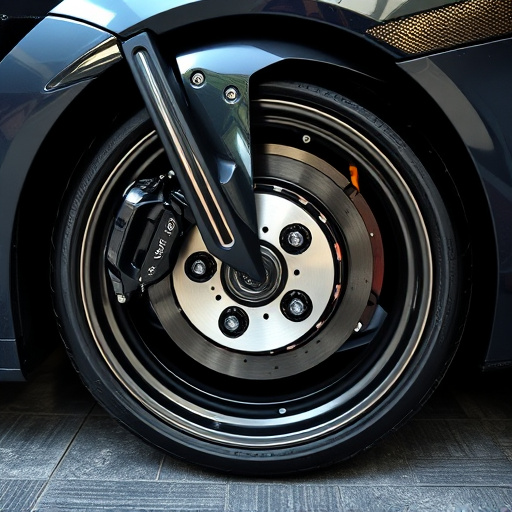
In the pursuit of optimal engine performance, refining the Electronic Control Unit (ECU) is a crucial step, especially when paired with advancements in engine air intake systems. The ECU acts as the brain of the vehicle’s powertrain, controlling various parameters to ensure efficient and powerful operation. By integrating data from numerous sensors, the ECU fine-tunes the fuel injection, ignition timing, and other critical factors, directly impacting the engine’s output and responsiveness.
When an engine air intake system is enhanced with high-performance parts like coilover kits or optimized for better airflow, the ECU must adapt to these changes. This adaptation involves recalibrating the tuning to account for the improved flow of air into the combustion chamber. Such refinements can unlock hidden potential in the engine, leading to increased horsepower and torque. For instance, a well-tuned ECU can ensure the optimal ratio of air and fuel, enhancing the combustion process and improving overall vehicle performance, particularly during acceleration or when navigating challenging terrain, thus showcasing the seamless integration between advanced intake systems and ECU tuning.
Engine air intake enhancements play a pivotal role in optimizing vehicle performance. By understanding how these modifications impact the ECU (Engine Control Unit), tuners can fine-tune settings for improved efficiency and power output. This refinement process ensures that the engine breathes better, delivering enhanced performance on the road. Incorporating these adjustments strategically can transform a vehicle’s overall driving experience, making them essential considerations for enthusiasts seeking to unlock their engines’ full potential.

